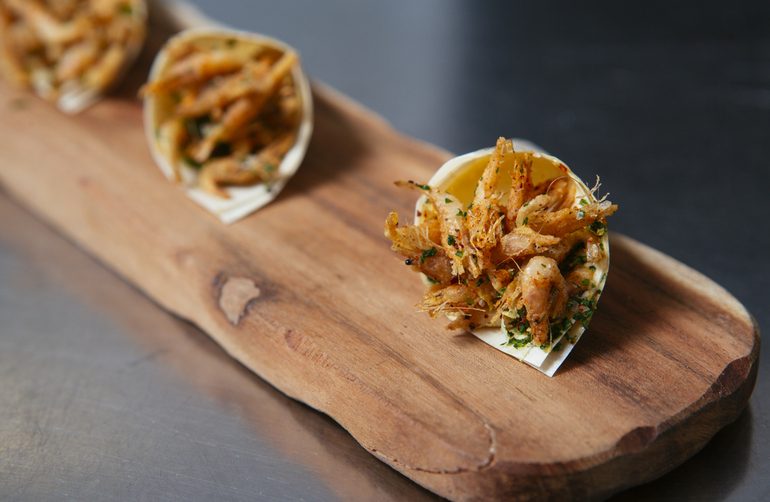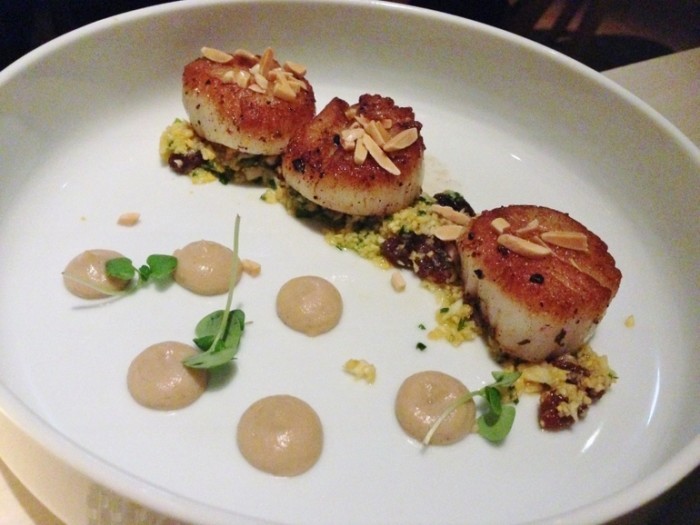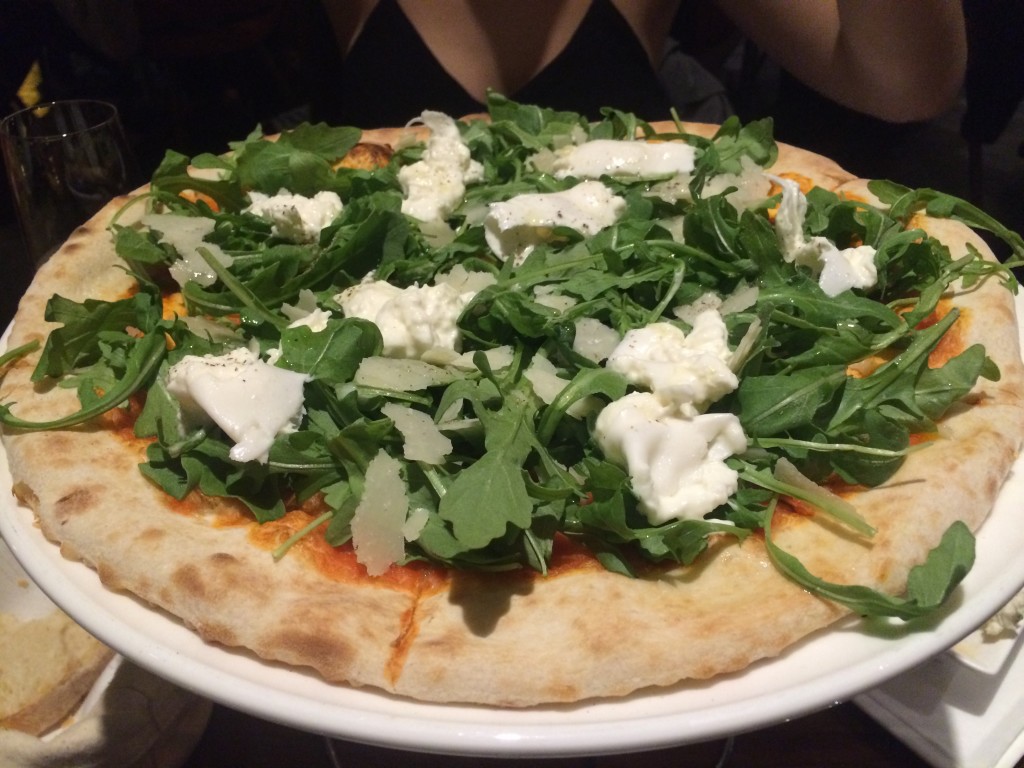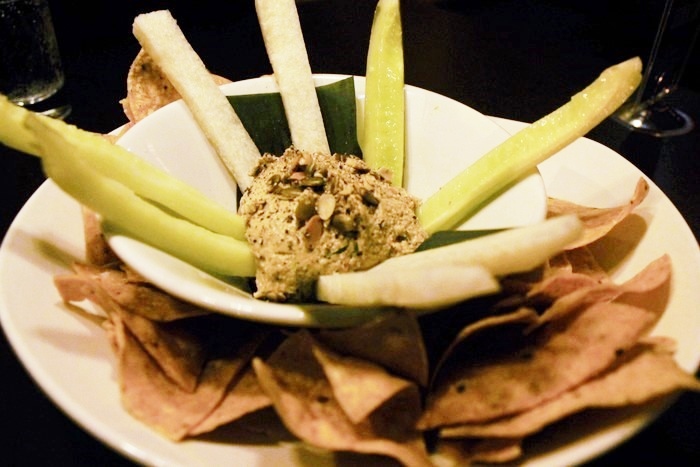Restaurant week is two weeks (Friday, January 22nd – Thursday, February 4th) where over 300 Chicago restaurants offer prix-fixe lunch and/or dinner menus. Every menu has three or four courses and there are generally a couple options from each course you can choose from.

Photo courtesy of Adam Alexander Photography
Lunch menus are $22, and dinner menus are either $33 or $44 (note: this doesn’t include tax or tip and usually doesn’t include drinks). Some restaurants have multiple menus, so make sure you look at all the options.
The Cost

Photo by Liz Joyce
$44 (plus tax and tip) is a lot for a college student to pay for dinner. Don’t worry, you’ll get your money’s worth – you’re getting a minimum of three courses, so you won’t be leaving hungry. You’re also paying for the experience rather than just the food. Even if you plan to make “Truffle Cheese Ravioli” or “Pan-Seared Duck Breast” for dinner (props to you if you are), I bet the view from the John Hancock Signature Room is better than the one from your apartment.
To make sure you actually get food you want and your money’s worth, do a little research. And if $44 still seems like too much, spring for one of the $22 lunch menus, which still has three courses (and only costs you 10 Starbucks coffees, rather than 20). If you really want to make sure you get a good deal, check out this article from the Chicagoist where they crunched all the numbers for you.
Choosing Your Experience

Photo by Priyani Karim
There are over 300 restaurants. How do you pick where to go?
Look around for recommendations like this one or this one or maybe this one. Consult Thrillist, consult Yelp, ask your friends – there is no end to the information out there. I’d especially ask friends because they know that you have that weird aversion for custards but somehow mousse is okay and can give you more pointed recommendations.
Look at the types of cuisine and narrow down your search using the menus here. Find the drop-down filter called “All-Cuisines” to narrow down your search. If you’ve got an allergy or really can’t do spicy food, Restaurant Week isn’t going to change that.
Look at location. For example, if it’s really far away, you need to factor in travel time/cost, so that could influence your decision. You’re paying $44+ for dinner – are you okay with taking a $30-$40 Uber (#surgepricing) through the snow all the way to Andersonville? Big Jones might make it worth it, but it’s something to consider.
Pick a place that’s rated high or is particularly expensive. If it normally costs $150 eat there, $44 is a pretty good deal. Expensive obviously doesn’t necessarily mean it’s good, so you should also be looking at ratings and reviews.
General Tips

Photo by Liz Joyce
- Go with friends that you are comfortable sharing food with so you get to try more options.
- Check the hours. If it’s in a hotel, it might have weird hours. I’m not sure why, but I tried to go to a restaurant in a hotel on a Sunday during Chef’s week and it was closed (it was heartbreaking).
- Does it have reservations? A lot of restaurants don’t accept reservations during Restaurant Week, but it’s worth a shot, especially if it’s a popular place like Blackbird or Fig and Olive (Disclaimer: I don’t know whether those examples accept reservations during Restaurant Week).
- Have a backup plan in case they’re at capacity or the wait is way too crazy (again, particularly important for the more popular places).
- Try something new. If you hate beets but are going to a Michelin-starred restaurant, it might be a good time to try beets because this is probably your best chance of liking them. Also, these restaurants want you to like their food, so they probably selected the dishes they did for a reason.


